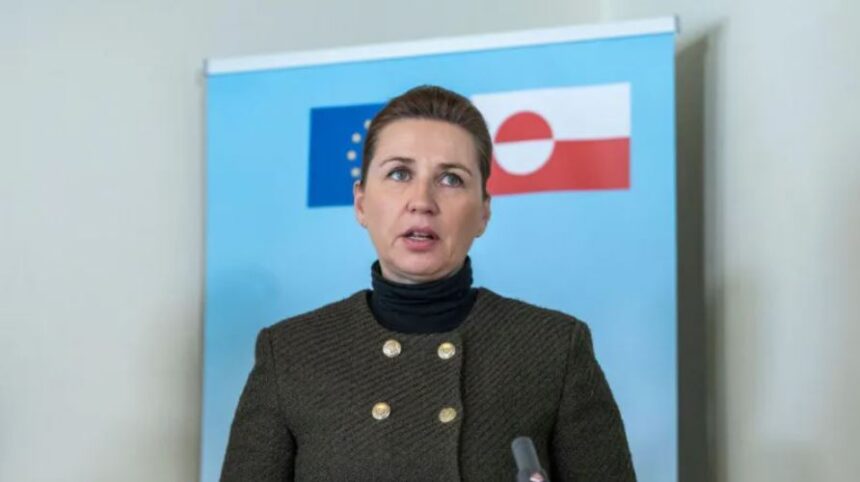Denmark: Siltanews – News Desk
Copenhagen’s gloomy January weather matches the mood among Denmark’s politicians and business leaders.
“We take this situation very, very seriously,” said Foreign Minister Lars Løkke Rasmussen of Donald Trump’s threats to acquire Greenland – and punish Denmark with high tariffs if it stands in the way.
But, he added, the government had “no ambition whatsoever to escalate some war of words.”
Prime Minister Mette Frederiksen downplayed Trump’s own suggestion that the US might use military force to seize Greenland. “I don’t have the fantasy to imagine that it’ll ever get to that,” she told Danish TV.
And Lars Sandahl Sorensen, CEO of Danish Industry, also said there was “every reason to stay calm… no-one has any interest in a trade war.”
But behind the scenes, hastily organized high-level meetings have been taking place in Copenhagen all week, a reflection of the shock caused by Trump’s remarks.
Greenland PM Mute Egede flew in to meet both the prime minister and King Frederik X on Wednesday.
And on Thursday night, party leaders from across the political spectrum gathered for an extraordinary meeting on the crisis with Mette Frederiksen in Denmark’s parliament.
Faced with what many in Denmark are calling Trump’s “provocation,” Frederiksen has broadly attempted to strike a conciliatory tone, repeatedly referring to the US as “Denmark’s closest partner”.
It was “only natural” that the US was preoccupied by the Arctic and Greenland, she added.
Yet she also said that any decision on Greenland’s future should be up to its people alone: “Greenland belongs to the Greenlanders… and it’s the Greenlanders themselves who have to define their future.”
The Greenland question is a delicate one for Denmark, who’s prime minister officially apologized only recently for spearheading a 1950s social experiment which saw Inuit children removed from their families to be re-educated as “model Danes”.
Last week, Greenland’s leader said the territory should free itself from “the shackles of colonialism.”
By doing so he tapped into growing nationalist sentiment, fueled by interest among Greenland’s younger generations in the indigenous culture and history of the Inuit.
Most commentators now expect a successful independence referendum in the near future. While for many it would be seen as a victory, it could also usher in a new set of problems, as 60% of Greenland’s economy is dependent on Denmark.
An independent Greenland “would need to make choices,” said Karsten Honge. The Green Left MP now fears his preferred option of a new Commonwealth-style pact “based on equality and democracy” is unlikely to come about.

